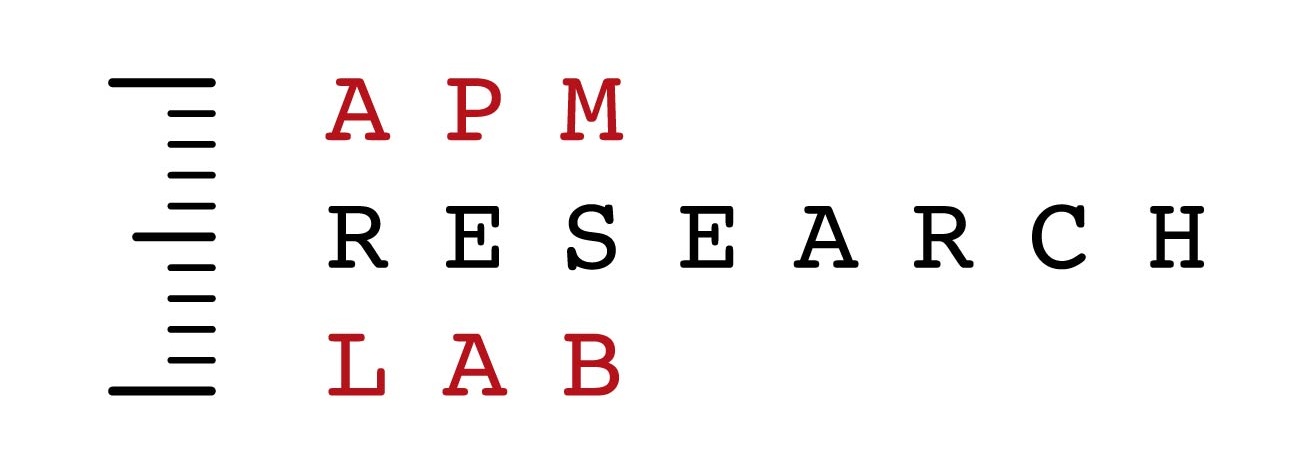It has been a little disheartening to see the recent spate of reports on mistrust in the news media. How can we rebuild trust in America's essential fourth estate? I suspect that some combination of listening to others, presenting solidly-researched information, and being as transparent as possible will help. And that is just what we've been doing in our first major project: the Ground Level Survey with Minnesota Public Radio News.
Read MoreIf Minnesota competed in a pageant, it might take the “Optimism” crown—if that were even a thing. The Ground Level Survey that we recently completed with Minnesota Public Radio News found that 82 percent of Minnesotans feel hopeful about the state’s future. What’s more, most Minnesotans feel the state is on the right track on an array of issues. At the high end of agreement, 85 percent of Minnesotans feel the state is on the right track when it comes to “providing safe drinking water,” followed closely by “protecting lakes and rivers for things like swimming, boating, and fishing” at 80 percent.
Read More“I don’t know off the top of my head. Lowering taxes.” That was one response to the broadest open-ended question on the recent MPR News | APM Research Lab Ground Level Survey. The question was about change. It asked: “If there is ONE thing that you would like to see changed in Minnesota to improve our state, what would that be?” But “lower my taxes” strikes me as a simplification. While reading through all of the responses, I was taken by how many people wanted a change that would require taxes.
Read MoreThis holiday season Andi, Kassira, and I are feeling grateful to the collaboration and support we have received in the Lab’s first half year of existence. We’ve benefited from the wise counsel of many formal and informal advisers.
Read MoreDid you know that 17,000 residents of Tennesseans speak Arabic? And 177,000 residents of Illinois converse in Polish? Just as glaciers transformed our nation’s physical landscape thousands of years ago, the immigration patterns of the past three centuries—right up to the present—have left their mark on the varied linguistic patterns across the United States.
Read MoreOf all Rhode Island children enrolled in preschool, the percent in private settings dropped five percentage points between 2015 and 2016. Or did it? When a change is “statistically significant,” we can be reasonably confident that the change is real. We use statistics to help us understand an entire population from a sample. Think of a pot of chicken noodle soup. Assuming the pot is well-stirred, you can make a pretty good estimate based on one ladle of soup.
Read MoreFor Minnesota, 2016 brought greater gender parity in worker earnings than any other year this decade or the last. Among full-time, year-round workers, women earned 83 cents for every dollar earned by men (median earnings). This is a nickel more than the scenario in 2010.
Read MoreWe recently partnered with Minnesota Public Radio News to conduct the wide-ranging Ground Level Survey of Minnesotans. We asked a scientifically representative sample of 1,654 Minnesotans “When you think about Minnesota, are you generally hopeful or fearful about the future?” and here are five takeaways.
Read MoreThis September the U.S. Census Bureau announced that 40.6 million Americans officially live in poverty. In the same announcement the Bureau reported that 44.8 million Americans live in poverty. Huh? The difference lies in the way poverty is defined.
Read More








